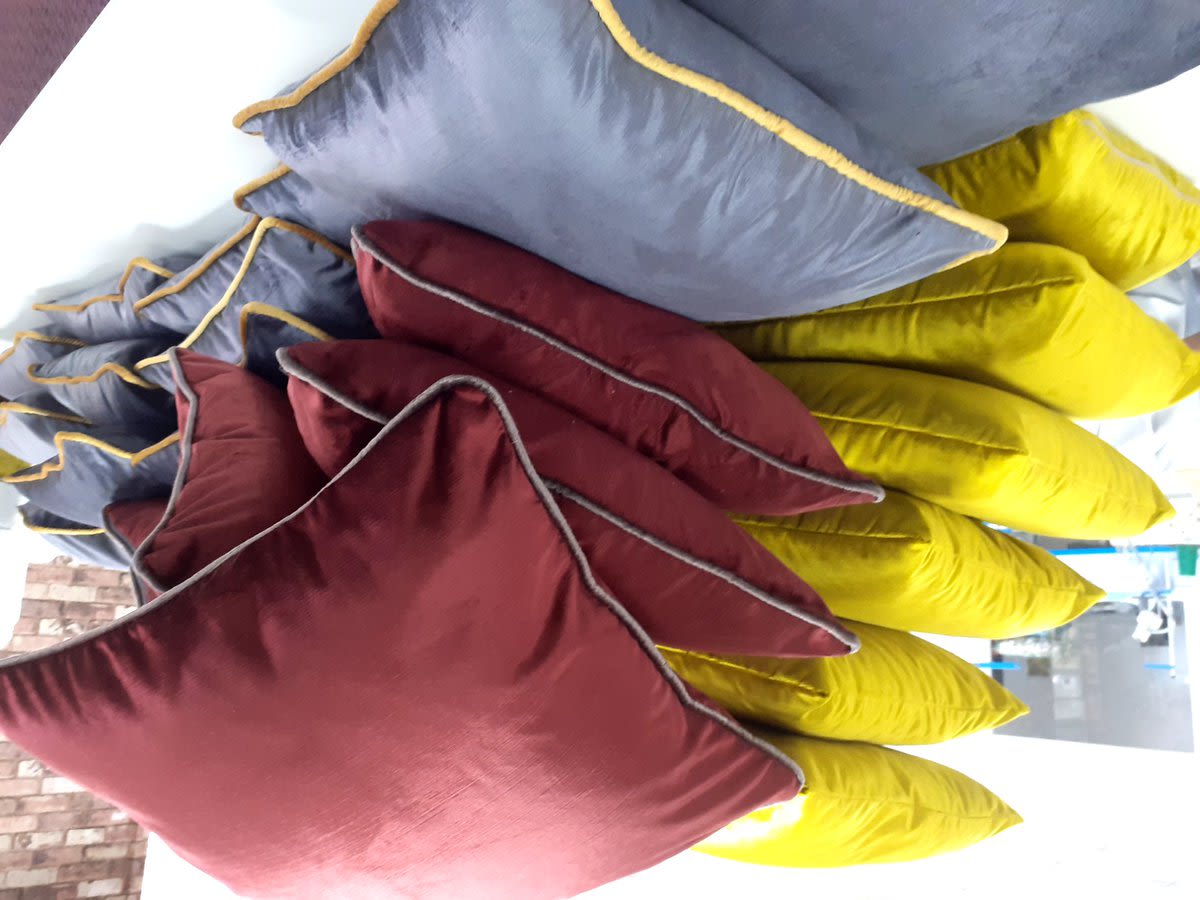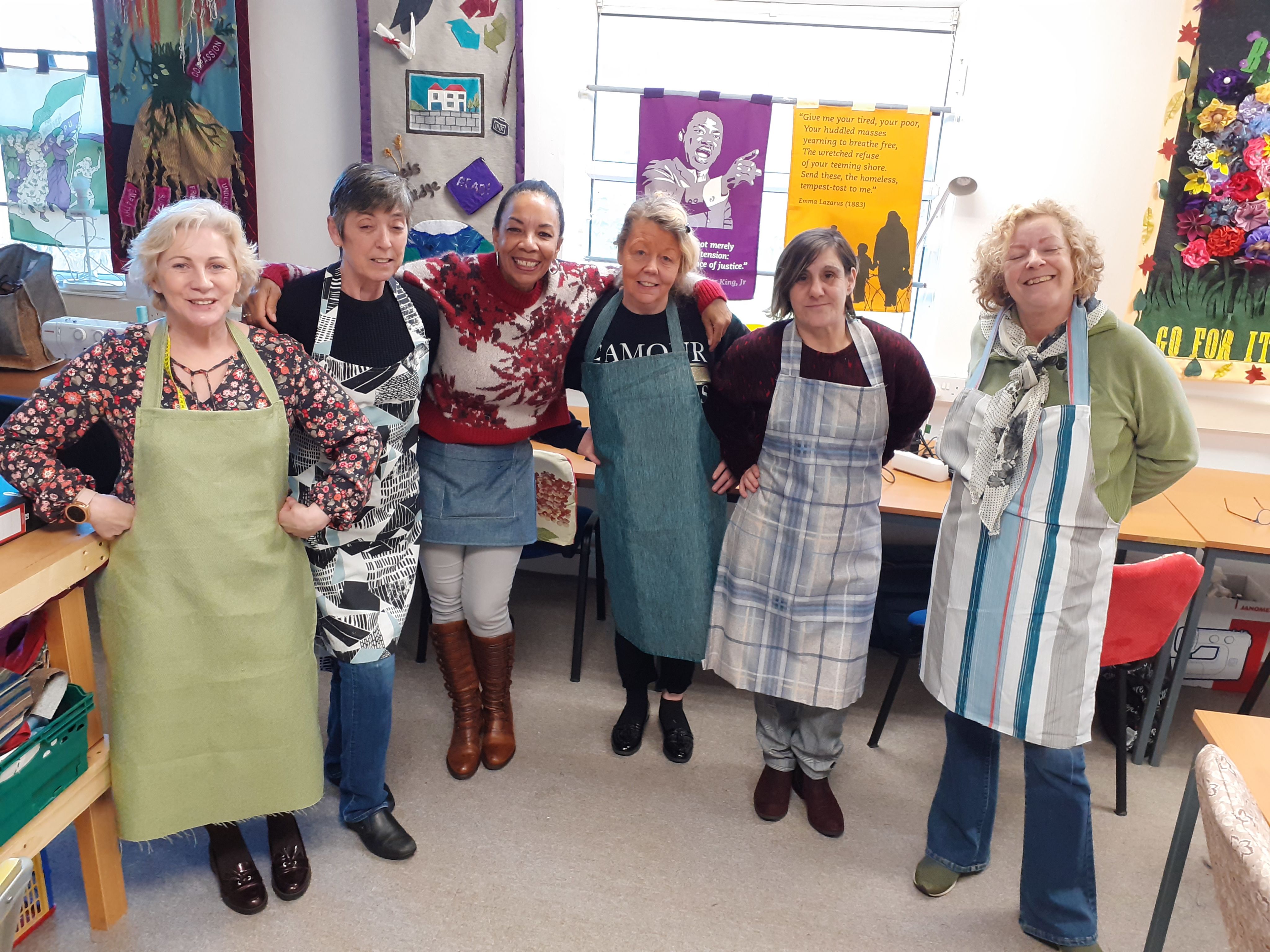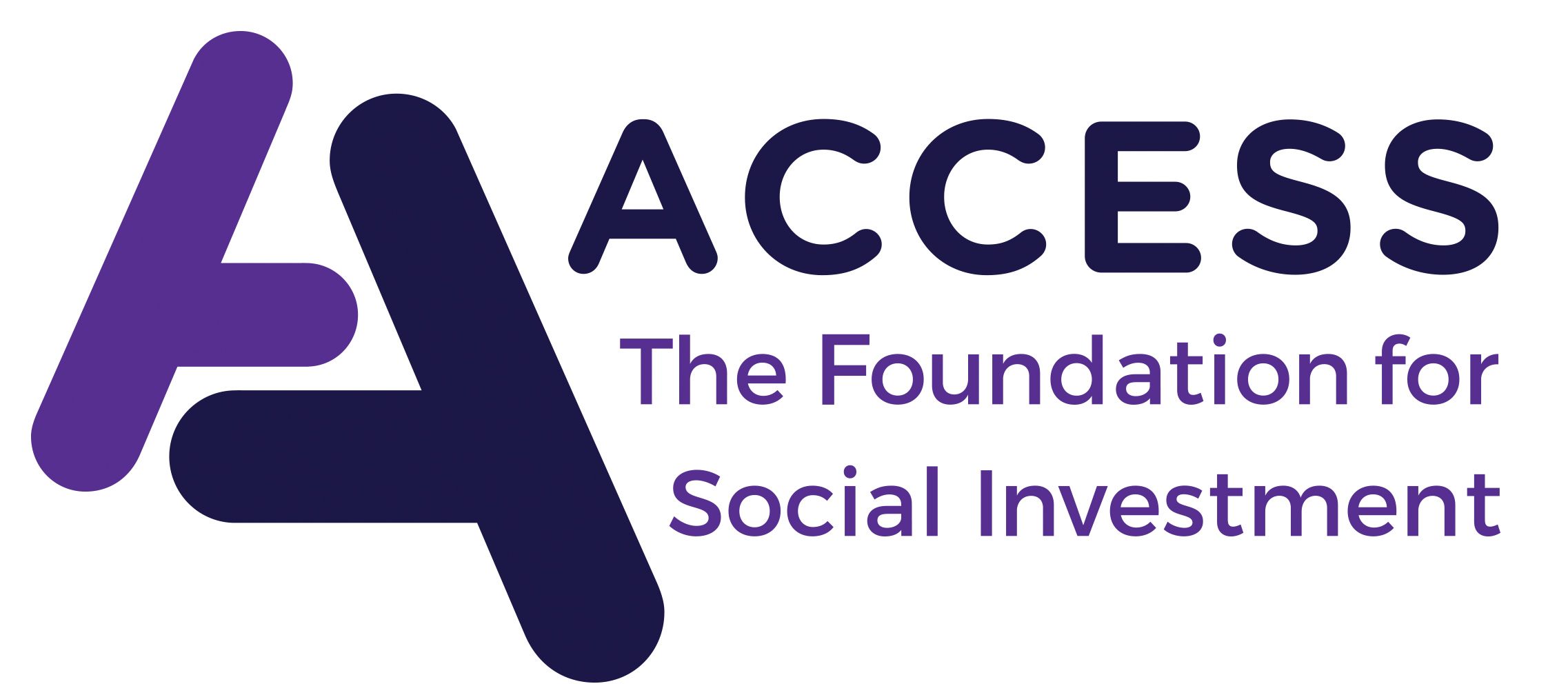"Covid hit, and everything stopped."
How social investment helped Lancashire-based social enterprise, The Sewing Rooms, to navigate Covid-19 and the Cost-of-Living crisis.

Tell us about your organisation?
The Sewing Rooms is a social business that’s all about improving personal and environmental wellbeing. We provide training opportunities and jobs in textile manufacturing for people in and around Skelmersdale. We also upcycle, recycle and divert textile waste from landfill.
There are three particular projects I’m proud of right now:
- We offer a popular Licence to Sew training course designed by industry body UK Fashion and Textiles (UKFT). The intensive 10-week programme is worth about £4,000 per person but we’ve secured funding to offer it for free and it transforms students from beginners to professional sewing technicians. A small pilot in February 2024 saw 90% of our students find production roles when they finished, and we’ve now secured funding for at least another three cohorts.
- We manufacture hundreds of laundry bags a month for Marriott Hotels. The bags are made partly from ‘end of life’ hotel bedding and have replaced single-use plastic laundry bags.
- We’re working with Edge Hill University to patent a thermal cooking bag that I designed and which uses shredded textiles to insulate the contents. This means hot food can continue to cook without using any more energy, and could save families an estimated £400-£500 on their annual energy bill. Many of the bags have already been distributed to families via the NHS, and some have been sent to help people affected by the war in Ukraine. We’re now looking for larger manufacturing premises.
How do you make a difference?
I’d previously founded my own company in fashion and jewellery and I worked with very high-end clients in the Middle East. When I moved back to Lancashire I thought I’d use my experience to help people found and run their own companies. I took a role with my local Chamber of Commerce and while they were great if you wanted to create a business plan or get a business bank account, I realised that lots of women in particular just weren’t moving forward, and confidence was a huge part of that.
I started a social enterprise to try and increase confidence and boost mental health and wellbeing, and The Sewing Rooms materialised because some of the women who were attending had an interest in sewing. It chimed with my own fashion experience – and I’d often made my own clothes too. I heard about an opportunity to work with IKEA making their curtains, and a delegation came to see what was – at that point – just one domestic sewing machine in an empty room. We impressed them! And that’s what really got us going and the contract ran for many years.
Now we have nine members of staff, and we manufacture textile items, such as the laundry bags for Marriott, and the thermal cooking bags, which we’re currently selling on eBay. But we also deliver lots of training, such as our Licence to Sew programme.
One of the first people to complete our Licence to Sew course was a young woman who was autistic and had left school with no qualifications. I’m sure she won’t mind me saying that she’d been challenging at school, and certainly felt she didn’t fit in. I gave her a place on the course, and she fitted right in. She was really interested in the technology especially around embroidery, and when she finished the course, she found a job doing the embroidery she loved. She flourished because of the course, and I’m so proud of her. That’s the sort of thing The Sewing Rooms is here for.
Other projects have included Mindful Sewing with refugees from Syria, teaching sewing and business skills to women in the criminal justice system, as well as working with teenagers and a ‘Silver Sewers’ class for older people.
How did social investment help you?
Back in 2019, I’d just taken on a £90,000 loan from Livv Investment (formerly First Ark) to move into new premises and take on more staff to help service new contracts we’d just won. Then Covid hit, and everything stopped.
We pivoted to manufacture face masks and sourced antimicrobial fabric for this purpose. Thanks to an £8,000 grant from Livv Investment we could afford to buy the fabric, bring back staff from furlough to produce the masks and update our website so people knew we were making them.
Although we’d paid back the loan by 2021, our troubles weren’t over. Demand for face masks was waning but ‘normal’ business was slow to pick up and we were struggling financially to pay all our bills. We applied to Key Fund for £25,000 (about £19,000 was a loan and nearly £6,000 was a grant) and it gave us some breathing space to continue paying wages and rent, and also go out and secure more contracts so we could grow again. This loan included access to specialists to help with our business planning and financial forecasts.
"It was an incredibly stressful time, so to have that expert help and advice was really reassuring."
Just when we’d got over all the Covid disruption, we were hit with the cost of living crisis. All our costs went up including our energy bills, which went from about £500/600 a month to £1,800. And we were really stretched with resources as lots of people needed our support. We just couldn’t absorb it all. Fortunately, we were successful in getting £30,000 from Key Fund in August 2023. About £7,000 was a grant, and the rest was a loan. It meant we could keep paying our bills, and importantly keep paying our staff. Without the loan, we would’ve had to let some people go.
I’ve obviously been successful in securing social investment several times, and the process is fairly straightforward. You have to be on top of your own financials and your social impact, and it’s still stressful waiting to hear if you’re going to get what you need. But I’ve had some really good advisers from Key Fund and Livv Investments, and they’ve made the experience much nicer than applying for a commercial loan.
The Sewing Rooms impact:
10,000 people supported in some way since they started in 2007
6,000 people trained
90% of Licence to Sew students have found jobs with their new skills
35,000 laundry bags, 2,000 thermal cooking bags and 560 pairs of IKEA curtains manufactured so far
Fabric saved from landfill = enough to cover 200 Premier League football pitches

What does the future look like for the Sewing Rooms?
After several very challenging years with Covid, Brexit and rising costs, I’m hoping the future is a bit calmer on the financial front. And I’m looking forward to seeing the real impact of our work with the Licence to Sew training programme and our thermal cooking bags. Both projects are still relatively new and have the potential to make a huge difference to people’s lives. I want to see that become reality.
bhbikbbi
→ Duration: 24-60 months → Turnover: £108,000 in 2019 → Interest Rate: 6.5-10% → Amount invested: £136,200 in loans and £51,800 in grants → Date of investment(s): 2019, 2021, 2023 → Product type: Blended Finance → Programme(s): Growth Fund and Enterprise Growth for Communities
In addition to £22,250 Investment Readiness grant via the Reach Fund and £34,000 enterprise development grant via the Enterprise Development Programme
The Growth Fund was a partnership between The National Lottery Community Fund and Better Society Capital, delivered by Access through a range of social investors. It made up to £50m available to support charities and social enterprises to grow and create social impact in their communities. The Growth Fund used a combination of grant funding, made possible thanks to National Lottery players, and loan finance from Better Society Capital and other co-investors, to address specific gaps in the social investment market.
To find out more about social investment and how it could support your organisation, visit Good Finance.
To find out more about Access - The Foundation for Social Investment, visit our website.





